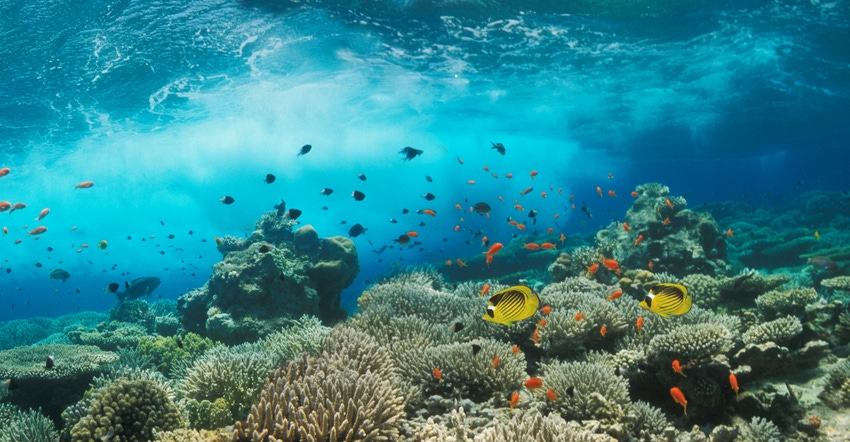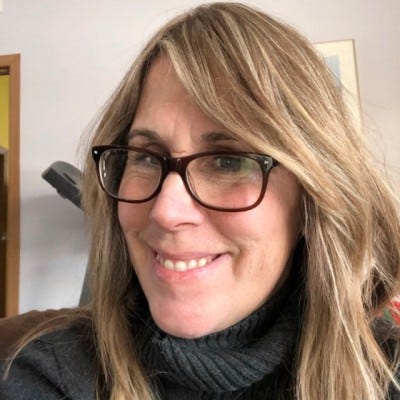Purina Invests in Ocean Restoration
The pet food company's Europe division is partnering with expert organizations on this program.

Nestlé Purina PetCare Europe is launching an Ocean Restoration Program to help tackle marine biodiversity loss in Europe.
Purina Europe is partnering with expert organizations to help restore 1 500 hectares of marine habitats by 2030. Fish are part of Purina's supply chain because it uses fish byproducts, which are parts of fish that are not consumed by humans but provide a valuable ingredient in pet food, to prevent waste.
Purina is investing in its partners' ocean restoration solutions across Europe with the aim of making these effective and scalable. Each partner targets species that are critical to restoring local marine habitats but are being depleted. The first phase of the program will last three years and prioritizes the development of research, a measurement framework, and the conditions needed to scale up the restoration solutions efficiently and effectively. The second phase is planned to start in 2026 and will focus on scaling the proven solutions.
The Seagrass Consortium, represented by one of its founding partners, Sea Ranger Service, is building solutions to plant seagrass meadows, a key habitat-forming species, helping with biodiversity and capturing carbon. Oyster Heaven is using natural materials to reconstruct lost oyster reefs. Oysters generate biodiversity, provide a home for a multitude of different species and are natural water filterers, removing pollutants including excess nitrogen which helps improve water quality. Better water quality allows more sunlight to reach the seagrass meadows, enabling them to flourish.
Urchinomics is removing excess sea urchins, which have overgrazed seaweed (in this area, kelp) beds since their natural predators have diminished significantly. Their removal will help kelp to rebound. Seaweed acts as a natural purifier of water, providing habitats, food, and energy for many marine organisms, whilst absorbing and storing large amounts of carbon.
SeaForesteris using techniques such as mobile seaweed nurseries to restore rapidly disappearing seaweed forests.
All of these solutions have been piloted in various locations and have the potential to be scaled. They are supported by scientific research and renowned academic organizations and place a strong emphasis on community and local stakeholder engagement, reported Purina. One aspect of the program is to address the common challenges that restoration partner organizations typically face. Collaboration between the program's partners will help advance science and methodologies in marine habitat restoration. Purina is also working with a number of advisory partners supporting the program.
Restoration efforts will take place in France (Arcachon Bay), the Netherlands (including Zeeland), Norway (Tromsø), and Portugal (Cascais & Peniche). Additional sites in Germany and the UK are being evaluated.
"We are delighted to launch Purina Europe's first Ocean Restoration Program," said Kerstin Schmeiduch, director of Corporate Communications and Sustainability at Purina Europe. "With marine biodiversity declining dramatically, collective restoration efforts are required. At Purina, we are committed to playing our part to help address the marine biodiversity loss in our extended supply chain. Therefore, together with our partners, we are taking an active role in helping restore marine habitats at-scale in Europe."
The Ocean Restoration Program is part of Purina Europe's broader commitment to helping advance the regeneration of ocean as well as soil ecosystems. Purina remains committed to working toward its goal of ensuring 100% of its seafood ingredients are responsibly sourced or organic.
About the Author(s)
You May Also Like




